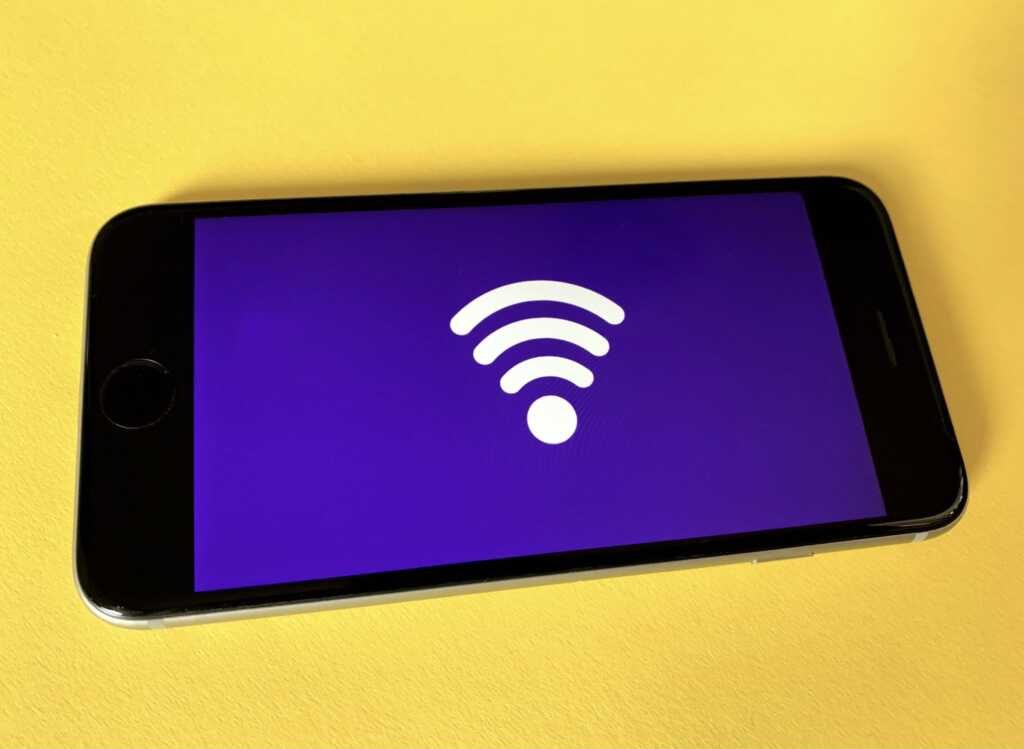The head of the Federal Communications Commission said last week the U.S. government can get much-needed internet access to Cuba after the country’s communist regime throttled citizens’ access.
There’s one big hurdle, though: The agency needs President Joe Biden’s approval.
LISTEN TO TODAY’S PODCAST:
FCC Commissioner Brendan Carr told The Washington Free Beacon there is “an urgent need right now” for internet access amid ongoing freedom protests in Havana and other cities across the country.
“I would say the goal is not universal coverage with speeds that would allow you to download Netflix,” he said. “The question is how do we create the opportunity to continue to share videos and photos?”
***As the number of voices facing big-tech censorship continues to grow, please sign up for Faithwire’s daily newsletter and download the CBN News app, developed by our parent company, to stay up-to-date with the latest news from a distinctly Christian perspective.***
As protests broke out across Cuba last week, the repressive, communist government restricted citizens’ access to platforms like Twitter, Facebook, and WhatsApp, according to Reuters. There have also been regular mobile internet outages in Havana, where much of the protesting has taken place.
Videos and photos of the demonstrations have been shared to social media when possible, often alongside the hashtag #SOSCuba.
Republican Gov. Ron DeSantis of Florida — which boasts a sizable Cuban population — has urged Biden “to assist in providing internet access to the people of Cuba standing up against communist oppression and demanding a voice after decades of suffering under a cruel dictatorship.”
In a statement of his own, Sen. Marco Rubio (R-Fla.) called on Biden “to facilitate open and free internet for the people of Cuba.”
“Without it, the Cuban people, who yearn for basic political and economic freedoms, can more easily be monitoried, suppressed, detained, and brutalized by the regime without accountability,” he explained. “Bringing free and open internet will help the Cuban people communicate with one another without censorship and repression and show them that the world stands beside them in their quest for liberty.”
How would it work?
Carr told The Beacon the federal government could use a sidelined Google initiative called Project Loon, which utilizes high-altitude balloons to provide internet access to those in the affected area.
The large balloons, able to hover miles above the earth’s surface in international airspace, would mimic cell towers, floating for around 100 days above airplanes and clouds.
***As the number of voices facing big-tech censorship continues to grow, please sign up for Faithwire’s daily newsletter and download the CBN News app, developed by our parent company, to stay up-to-date with the latest news from a distinctly Christian perspective.***
Carr said the U.S. needs to meet the urgent need to show its support to protesters and also deploy this kind of technology “to bolster attempts to circumvent the blocking technology” utilized by the Cuban regime.
Going forward, he explained, the ballon tech would help citizens of repressive governments communicate with the outside world.
Biden, for his part, said during a press conference last Thursday that his administration is aware of the internet restrictions Cubans are facing and is “considering whether we have the technology to reinstate that access.”



